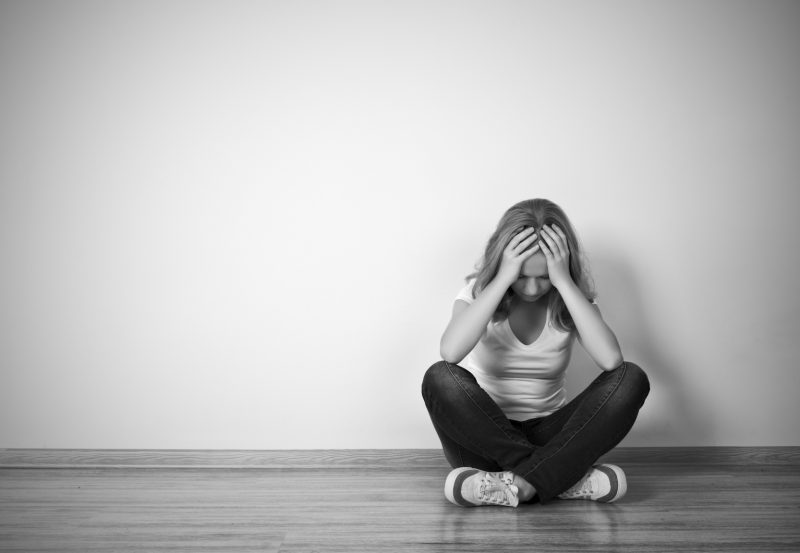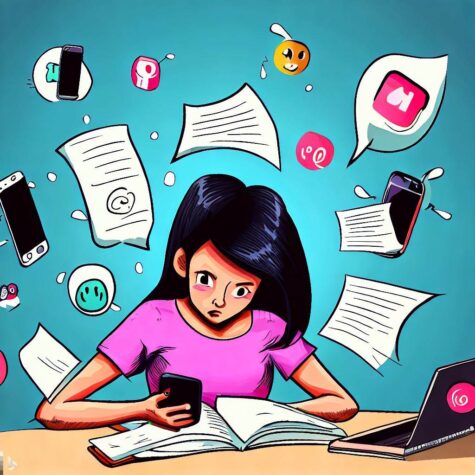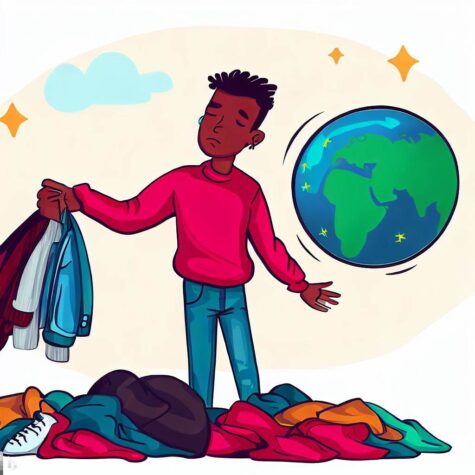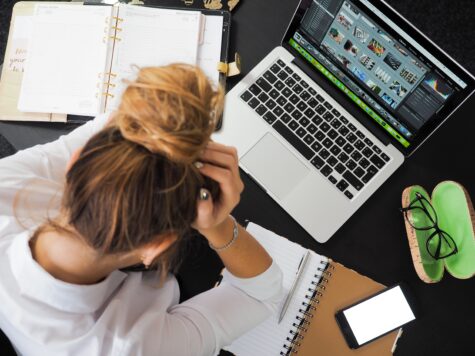Coronavirus Hits Teens Particularly Hard
Ever since this pandemic started everyone has been feeling anxious. We’re locked inside our houses without being able to go outside and live our used-to-be daily lives. Suddenly, our lives have been put on hold and now we have to wait it out safely and carefully while taking precautions. Teenagers especially are feeling anxious. With all of the negative news going on it can be hard for anyone, but it can be especially hard on teengers. “Social distancing can interfere with the basic developmental needs of teenagers,” says Leah Lessard and Hannah Schacter from Education Week. They’re energized and adventurous, and when hyper teenagers are kept inside, they don’t have anywhere to go to release that energy. They can’t go hang out with their friends and gossip, they can’t attend parties, and they can’t go shopping. Those activities are what makes it possible to release that energy, but since we’re on lockdown, that’s not possible.
According to South Pasadena-based psychotherapist Noelle Wittliff, “Living in seclusion can produce quarantine fatigue.” In other words, being on a schedule of continuous lockdown can make the kids feel overwhelmed, with low energy and a strong desire to sleep that interferes with normal daily activities. Teenagers are impulsive, that’s not a bad thing, that just means that they can’t stay like this for long, or the anxious feeling will turn into a crazy feeling. “Adolescence is what is making the teens impulsive,” says Wittliff. Adolescence can give them a feeling of invincibility, which leads to separating from parents and bonding with peers. Kids are born to become increasingly independent from parents and increasingly dependent on their peers. You know when someone tells you not to do something, but then you get curious, so then you do it. Well, that’s probably how teens are feeling right now. The impulse to disobey is kicking in. Seniors especially are feeling disappointed because they feel robbed of highly anticipated opportunities. This is because they can’t attend prom, graduation ceremonies, end-of-year sports events, dances, parties, school activities, yearbook signings, and they can’t give their past teachers or friends a genuine in-person farewell.
Minors experience biological changes in adolescence, including increased oxytocin receptors during puberty that heighten the pleasure of social company. Their friendships have been shown to rile up reward systems in the growing brain and teens are known to spend the most time with their peers. In fact, the amount of time students in high school spend with their friends is double the amount of time they spend with their parents and adults. But, COVID-19 restricts anyone from going out and socializing for hours on end. Social distancing is likely to throw these developmental patterns out of whack in ways that could take a dangerous toll on the teens health status, behaviour, and academic performance. The isolation that is going on right now can increase psychological distress, and adding the isolation into the mix may heighten psychiatric vulnerability and exacerbate existing mental difficulties. The absence of physical peer interaction can possibly affect the kids social skills negatively, and academic determination might decline. But as long as teens are finding activities they like to do and keeping themselves busy, everything won’t seem as bad. Wittliff said, “Every day and week that they get through sheltering in place brings them that much closer to getting back to their lives.” She continues to say, “This is hard, but our kids are resilient. And they will get through it.” On a helpful note, teens can establish structure or a routine that consists of fun activities. The activities can even involve others in your household to participate with you. Just make it so you are having a good time, and not worrying about the negative news. This may feel like a lifetime, but be optimistic and you might as well try new things since you have all the time in the world. Additionally, here is an infographic for how to help someone you think may be struggling during this time.
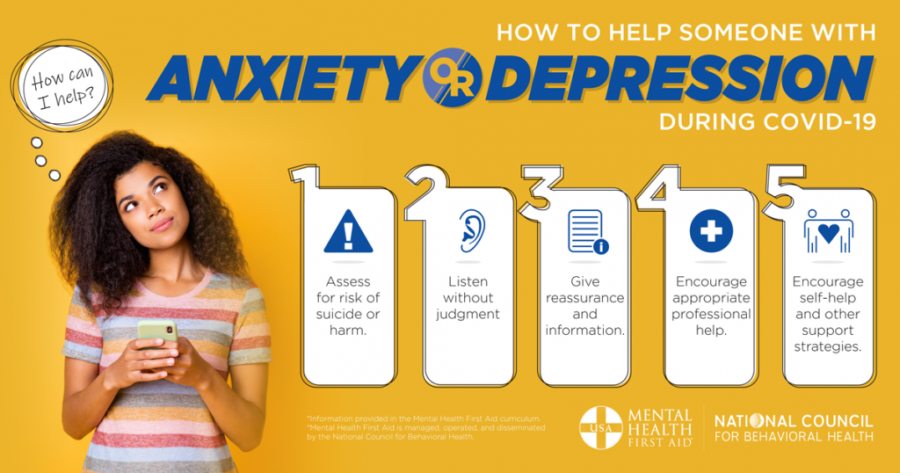

I am a freshman at Taft High and Section Editor for the Taft Tribune. Good-ish dancer, talented singer, likes writing, and I love having fun.


